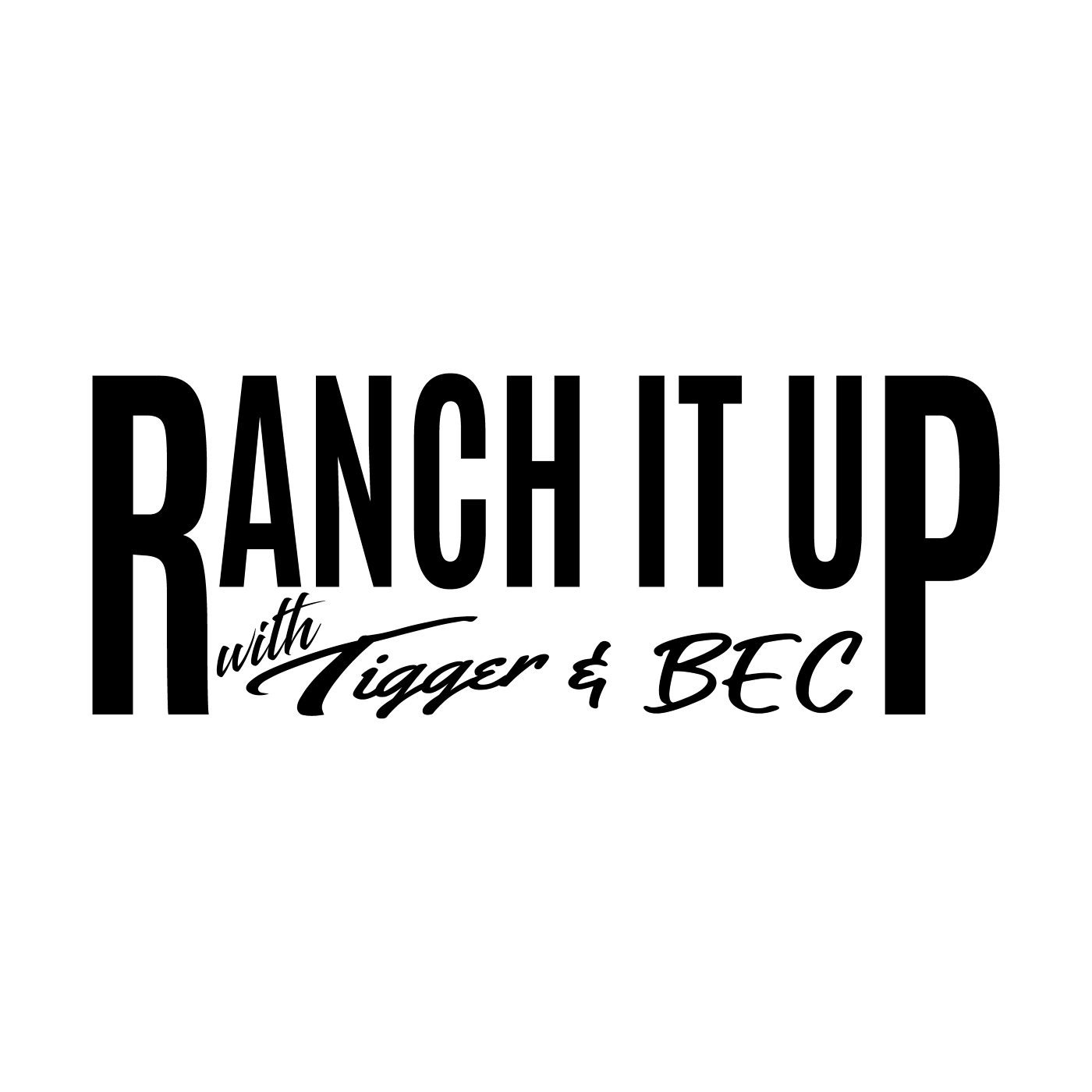Should We Sell Heifers Or Should We Keep Heifers, Beef Imports Updates & MCOOL
Description
We find out whether to sell those heifer calves or keep them. Plus updates on beef imports, mandatory country of origin labeling, markets, sales and so much more on this all new episode of the Ranch It Up Radio Show. Be sure to subscribe on your favorite podcasting app or on the Ranch It Up Radio Show YouTube Channel.
EPISODE 203 DETAILS
Keep or Sell Heifer Calves, Beef Imports & MCOOL
Feeder Heifers: Sell Now or Hold
Sell or Background Heifer Calves, The Pros & Cons
Feeder cattle prices have been outstanding all summer long. And many producers are faced with the dilemma of selling heifers and turning the cash or keeping heifers to go back into the cow herd. Mike Bolinger with Superior Livestock joins us discussing the pros and cons of both options, where we are at in the cowherd inventory and how beef imports could affect prices of beef.
Latest Beef Checkoff & Industry News
Beef Producers Ask For Fed Support Of MCOOL
According to MeatingPlace.com, nearly three dozen groups associated with beef production, ranching and the environment signed on to a letter sent to the U.S. Trade Representative Katherine Tai, asking for her support to restore mandatory country of origin labeling (MCOOL) for beef.
Producer organizations, including Ranchers-Cattlemen Action Legal Fund United Stockgrowers of America (R-CALF USA) regularly endeavor to keep MCOOL issues part of the national legislative conversation. This, although the World Trade Organization ruled in 2014 that such meat labeling law violates U.S. international trade obligations by discriminating against Canadian cattle and pigs and Mexican cattle.
Referencing a letter that Tai had published in the British newspaper Financial Times, in which she said she was committed to “meet working people where they are, redesigning the incentive structure so that communities are not pitted against each other,” the letter said, “This is precisely the help that ranchers and consumers need and consistent with your comments. We respectfully request that you issue a statement to lawmakers regarding your office’s position as to whether the United States has the authority to reinstate mandatory country of origin labeling for beef in the face of the substantive trade reforms you are seeking, including at the World Trade Organization.”
The letter and a list of the signing organizations are available HERE.
Drought Continues for Oklahoma
Drought conditions have increased rapidly in Oklahoma in recent weeks. The latest Drought Monitor shows that 78.58 percent of Oklahoma is abnormally dry or in some stage of drought.
Because of the dry conditions, very little wheat has been planted at this time or it has been “dusted in” to await hoped-for rain. Prospects for winter wheat grazing are decreasing with each passing week. Wheat planted after mid-September will have less time to grow sufficient forage for winter grazing — assuming moisture is forthcoming. The start of winter grazing will be pushed back, and stocking rates will likely be reduced due to less available forage through the winter.
Oklahoma range and pasture conditions have deteriorated rapidly in the last month, with the percentage of pastures rated poor to very poor increasing from 19% to 34% in the last four weeks. Going into the winter in drought is ominous and raises concerns about 2025 forage prospects. Fortunately, hay supplies are much improved this year, which will help with winter feed needs. The combination of this year’s hay production and very large carryover stocks (May 1) from last year, leaves Oklahoma with record large total hay supplies this year — over 20% larger than the 10-year average.
The lack of wheat stocker demand and the beginning of the fall run of calves is putting pressure on cattle auction prices. Many unweaned calves are beginning to show up at auctions. Unweaned calves take a bigger discount, especially in the fall as variable weather increases animal health challenges and risks. There
More Episodes
Learn why certain farmers and ranchers need to register their business’ by January 1, 2025
Published 11/22/24
Published 11/22/24
Learn different strategies for cull cow management.
Published 11/17/24


